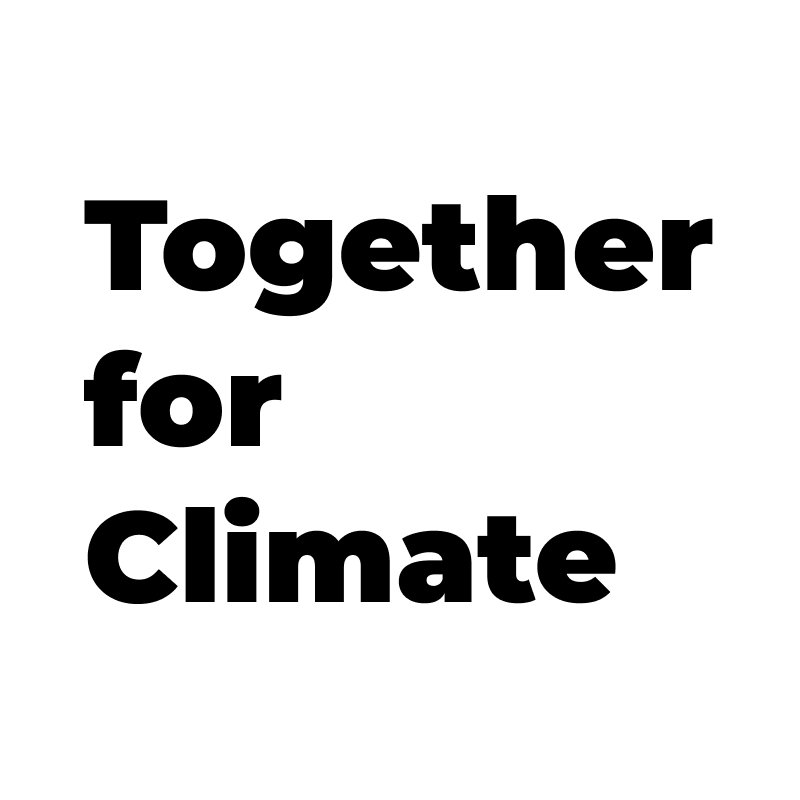The ever-growing health cost of climate change
The way climate change is already affecting our health is proof that we cannot delay fighting it any longer.
Science and research have shown us little fragments of the way climate change is damaging our health, this is very much surface level. The problems are likely much deeper and extensive than many belief. That's not to say that the effects that we can already see aren't shocking. The National Medical Association found that 88% of doctors were already seeing how detrimental climate change is to our health, with many reporting an exacerbation of lung and heart conditions. This also doesn't take into account any injuries from severe weather crises or smoke inhalation due to wildfires - these were equally as common.
How is climate change harming our health?
Many climate change specialists use the mnemonic HEATWAVE to explain how the climate crisis is affecting our health. This means:
H - Heat effects
E - Exacerberation of preexisting lung and heart conditions
A - Asthma
T - Traumatic injury caused by climate-related severe weather
W - Wate and food-borne illnesses
A - Allergies
V - Vector-borne diseases like Zika and West Nile
E - Emotional and mental health impacts, mental health problems
The majority of these problems are driven by the fact that the world is getting warmer, and these are the problems that we can see right now. The full extent of the problems and profound dangers lurking below is even more terrifying. For instance, the rising increase of antibiotic-resistant bacteria, congenital heart defects, and the increase in the spread of disease.
For example, viruses such as Zika are spreading much faster due to a change in the lifespan and behaviour of mosquitoes. Alongside this, pollen season is longer due to an increase in heat which is worsening allergies and asthma. This is becoming so noticeable that adult medications are now being given to children, despite them not being approved for minors.
Even infrastructural problems are becoming more prevalent. With an increase in heatwaves and extreme weather events, power cuts are becoming much more common - very often this affects hospitals, especially in developing countries.
Who is most affected?
Obviously, climate change doesn't affect people equally. The super young, the elderly, communities of colour, and lower-income families are the most vulnerable.
The way climate change affects health is intersectional. Children's bodies are still developing and are therefore more likely to suffer, elderly people are more vulnerable to certain diseases and extreme weather. Low-income people are less likely to be able to afford infrastructure and medication that would keep them healthy and safe from the effects of climate change.
It is important to know that climate change isn't just about melting ice caps, it's about health and how it disproportionately impacts the most vulnerable in our society. The pandemic has proven this in many ways - and heavy similarities can be drawn to global warming.
There are ways to help combat this - we help individuals to become more climate positive and offset their carbon footprint. By working with a mixture of organisations and non-profits, everybody can contribute to making solutions for problems such as these.
